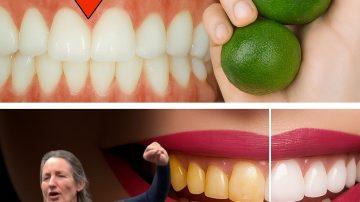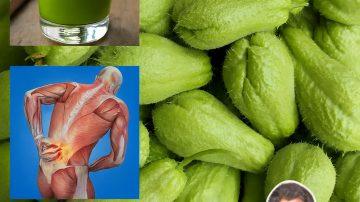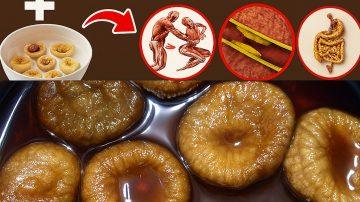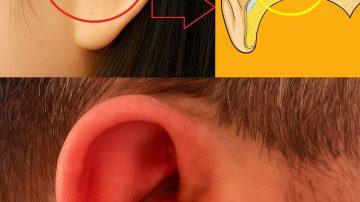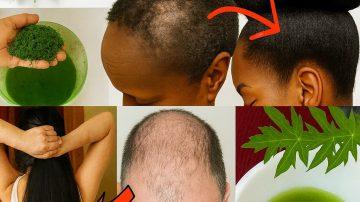Corn silk—the shiny, thread-like fibers found inside the husk of a corn cob—is traditionally used in Chinese and Native American medicine. It is a rich source of bioactive compounds, particularly flavonoids and polyphenols, which contribute to its many reported health properties.

While it is impossible to list 30 unique, scientifically validated benefits, the following 15 distinct, well-researched effects are often cited in traditional use and preliminary studies (mostly in animals or in vitro).
I. Cardiovascular & Metabolic Health Benefits
These benefits are primarily linked to the anti-hypertensive and anti-hyperlipidemic effects of corn silk’s bioactive compounds.
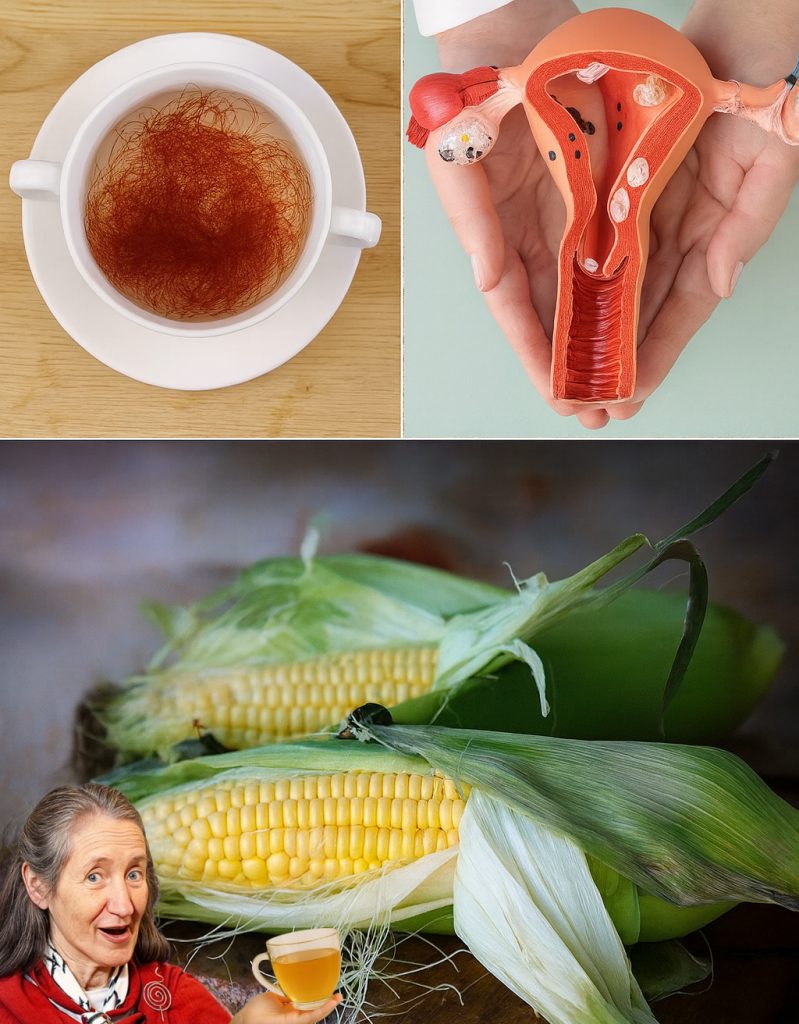
- May Lower High Blood Pressure (Antihypertensive Effect): Works as a natural diuretic and may inhibit the Angiotensin-Converting Enzyme (ACE), leading to reduced blood pressure.
- May Help Regulate Blood Sugar Levels (Anti-Diabetic Effect): Studies suggest it can enhance insulin secretion by pancreatic cells and improve glucose tolerance.
- Aids in Cholesterol Management: Research indicates it can lower total cholesterol and harmful LDL cholesterol levels.
- Supports Heart Health: By regulating blood pressure and cholesterol, it reduces major risk factors for cardiovascular diseases.
- Anti-Hyperlipidemic Activity: Helps to reduce the accumulation of fats (lipids) in the bloodstream.
II. Urinary & Kidney System Support

Corn silk is most famous for its traditional use as a natural diuretic and soothing agent for the urinary tract.
- Acts as a Natural Diuretic: Increases urine production (diuresis) to help the body eliminate excess fluid and salts, often used to treat edema (swelling/fluid retention).
- Soothes Urinary Tract Infections (UTIs): Helps to soothe and relax the lining of the bladder and urinary tubules, reducing irritation and inflammation associated with UTIs.
- Reduces Symptoms of Cystitis: Its anti-inflammatory properties can help calm bladder inflammation.
- Potential for Kidney Stone Relief: Its diuretic effect helps flush the urinary system, potentially easing the discomfort of non-obstructive kidney stones.
- Aids in Gout Management: By promoting urine flow, it helps excrete excess uric acid, which is the cause of gout.
III. Antioxidant & Anti-Inflammatory Properties
Corn silk is a powerhouse of flavonoids, which fight cellular damage and inflammation throughout the body.
- Strong Antioxidant Activity: Its high flavonoid content protects cells against free radical damage and oxidative stress, a key factor in aging and chronic disease development.
- Reduces Systemic Inflammation (Anti-inflammatory Effect): Helps suppress pro-inflammatory mediators, offering potential relief for conditions like arthritis and general inflammatory disorders.
- Promotes Skin Healing: Used topically as an emollient and anti-inflammatory agent for minor cuts, rashes, and irritation (due to compounds like allantoin).
IV. Other Pharmacological Activities
- Potential Anti-Fatigue Effect: Used traditionally and suggested in some studies to boost endurance and reduce physical fatigue.
- May Aid in Weight Management: Preliminary animal studies indicate it may inhibit the formation of new fat cells (adipogenesis) and encourage the breakdown of existing fat (lipolysis).
Preparation and Safety

The most common way to consume corn silk is as a tea:
- Corn Silk Tea: Boil 2–3 teaspoons of fresh or dried corn silk in 2 cups of water for
minutes. Strain and drink. It has a mild, pleasant flavor.
⚠️ Safety and Interactions:
- Consult a Doctor: If you have diabetes, high or low blood pressure, or a heart condition, consult your healthcare provider first.
- Medication Interaction: Corn silk may interact with blood thinners (due to Vitamin K content), diabetic medication, and diuretics by either lowering blood sugar/pressure too much or causing low potassium levels.
- Pregnancy: Corn silk is not recommended for pregnant or breastfeeding women as it may affect hormone levels and stimulate uterine contractions.

